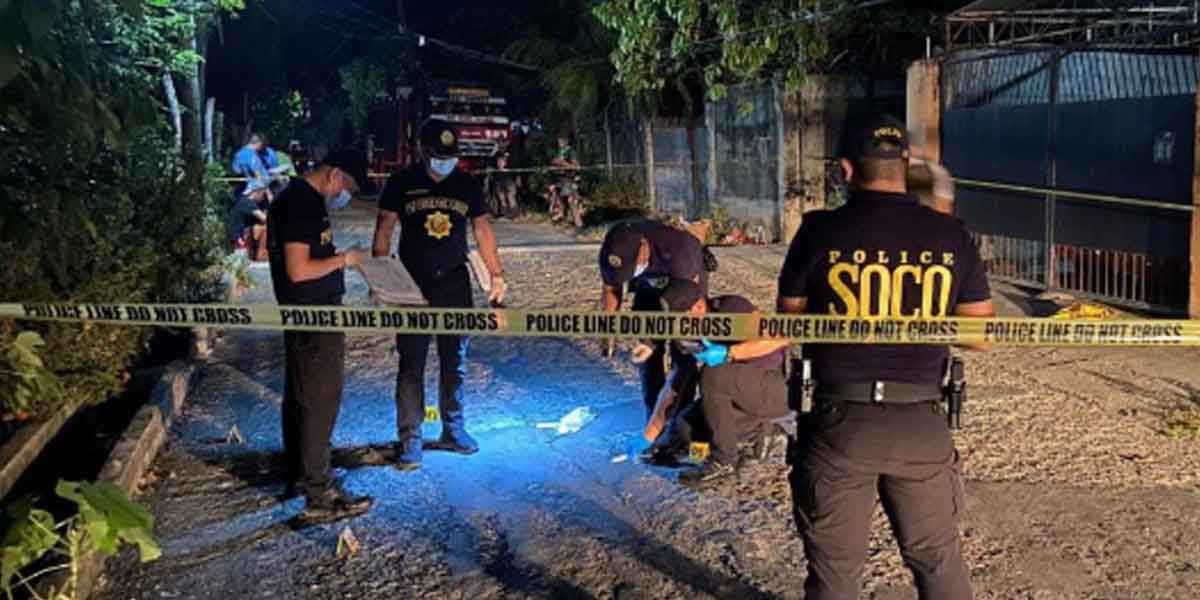 By Atty. Rolex T. Suplico
By Atty. Rolex T. Suplico
Last July 10, 2020, the Committee on Legislative Franchises of the House of Representatives voted to deny the franchise application of ABS-CBN Corporation. Now, supporters of the media giant have insinuated and even circulated petitions on social media based on Republic Act No. 6735, entitled: “The Initiative and Referendum Act”, which was enacted into law on Aug. 4, 1989. They argue that the shuttered media giant can secure a franchise via RA 6735.
I have serious doubts on whether RA 6735, which is untested, can secure a franchise for ABS-CBN. A franchise bill is a private bill. If enacted into law, a franchise gives benefits to a private entity. Those advocating the use of RA 6735 should read the classic case of Wenceslao Pascual vs. Secretary of Public Works and Communications, et al. (G. R. No. L-10405, Dec. 29, 1960), which every law student knows.
The case started on May 1953, when Sen. Jose Zulueta wrote the Municipal Council of Pasig, Rizal offering to donate certain feeder roads located in the town, which was accepted by the Council on June 13, 1953. On June 20, 1953, Republic Act No. 920 was approved. It contained, among others, an appropriation for P85,000.00 “for the construction, reconstruction, repair, extension and improvement” of roads located within the Antonio Subdivision, which “were private properties of Respondent Jose C. Zulueta, who, at that time of the passage and approval of the said Act, was a member of the Senate x x x.” On July 10, 1953, he again wrote the Council, informing it that RA 920 has been approved. On Dec. 12, 1953 and while still a Senator, he then executed a deed of donation in favor of the Republic of the Philippines, which was accepted by the Executive Secretary on the same day.
On Aug. 31, 1954, Gov. Wenceslao Pascual of the Province of Rizal filed a case with the Court of First Instance of Rizal for declaratory relief, with injunction, praying that the item, which appropriated the amount of P85,000.00, be declared null and void, for being unconstitutional. The respondents filed a motion to dismiss. The lower court granted the motion and dismissed the case, forcing Gov. Pascual to appeal to the Supreme Court.
In an en banc decision penned by Justice Concepcion, the Court reversed the lower court’s decision. It held that:
“It is a general rule that the legislature is without power to appropriate public revenue for anything but a public purpose. It is the essential character of the direct object of the expenditure which must determine its validity as justifying a tax, and not the magnitude of the interest to be affected nor the degree to which the general advantage of the community, and thus the public welfare, may be ultimately benefitted by their promotion. Incidental to the public or to the state, which results from the promotion of private interest and the prosperity of private enterprises or business, does not justify their aid by the use of public money.”
This, the Court said is “(i)n accordance with the rule that the taxing power must be exercised for private purposes only, x x x, money raised by taxation can be expended only for public purposes and not for the advantage of private individuals.”
The Court further said that the “test of the constitutionality of a statute requiring the use of public funds is whether the statute is designed to promote the public interest, as opposed to the furtherance of the advantage of individuals, although each advantage to individuals might incidentally serve the public.”
The Court explained that “(t)he validity of the statue depends upon the powers of Congress at the time of its passage or approval, not upon events occurring, or acts performed, subsequently thereto, unless the latter consists of an amendment of the organic law, removing, with retrospective operation, the constitutional limitation infringed by the said statute. Referring to the P85,000.00 appropriation for the projected feeder roads in question, the legality thereof depended upon whether said roads were public or private property when the bill, which latter on, became Republic Act 920, was passed by Congress, or when said bill was approved by the President and the disbursement of said sum became effective, or on June 20, 1959 x x x. Inasmuch as the land on which the projected feeder roads were to be constructed belonged then to respondent Zulueta, the result is that said appropriation sought a private purpose, and hence, was null and void. The donation to the Government, over five (5) months after the approval and effectivity of said Act, made, according to the petition, for the purpose of giving a ‘semblance of legality’, or legalizing, the appropriation in question, did not cure its aforementioned basic defect. Consequently, a judicial nullification of said donation need not precede the declaration of unconstitutionality of said appropriation.”
There is no doubt that RA 6735 is funded by public funds. Sec. 21 of RA 6735 provides that funding for the law “shall be included in the annual General Appropriations Act“. ABS-CBN had dominated the broadcast industry and earned billions of pesos from its expired franchise, RA 7966. The incidental benefit is that people were entertained. If we apply the test of the constitutionality as explained, I have no doubt that using RA 6735 to secure a franchise for ABS-CBN will be an exercise in futility. To reiterate, “money raised by taxation can be expended only for public purposes and not for the advantage of private individuals.” And that, my dear reader, may also be read – “and not for the advantage of private corporations.”
***
This column wishes to apologize to Atty. Rex G. Rico and his family for whatever damage caused to their good name by the Dura Lex Sed Lex article entitled ‘Conflict of Interest.’ This appeared in the Daily Column issue of July 15, 2020. We assure the Rico family that the same was not intended to malign or to allude to them.






















